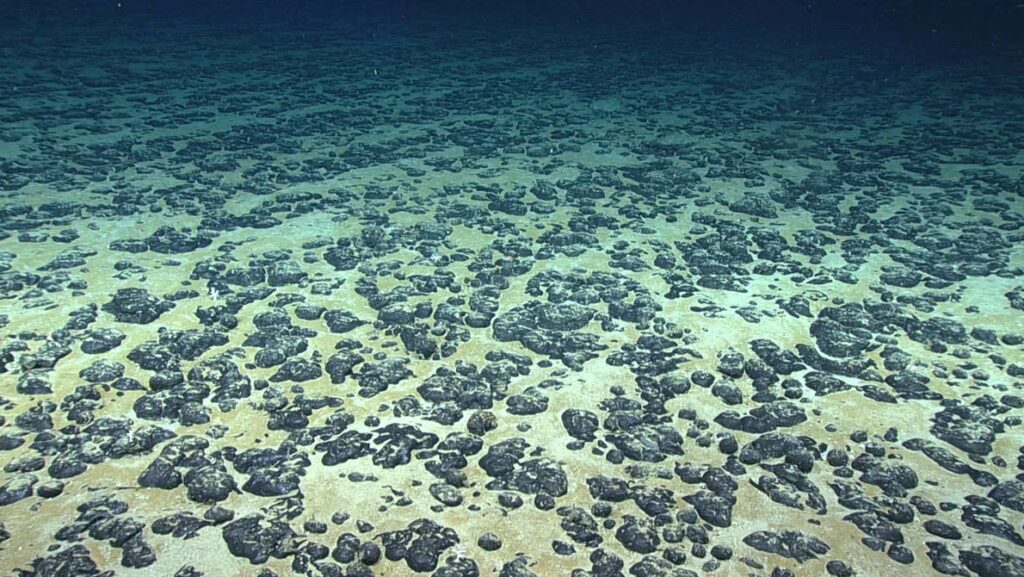22/07/2024
22/07/2024

NEW DELHI, India, July 22: India is set to apply for licenses to explore deep-sea minerals in the Pacific Ocean as part of its efforts to secure critical resources for energy transition technologies, a senior government scientist revealed to Reuters.
M. Ravichandran, the chief scientist at India’s Ministry of Earth Sciences, announced that the country plans to collaborate closely with its mining industry in preparation for the application process, which is expected to begin next year. This move represents India's latest initiative in its quest to enhance its access to key minerals essential for electric vehicles and solar panels.
The United Nations-backed International Seabed Authority (ISA) has already issued 31 exploration licenses for deep-sea mining, including two to India in the Indian Ocean. However, the ISA has yet to permit actual mining as it continues to finalize its regulatory framework. The ISA’s 36-member council is currently meeting in Jamaica to negotiate updates to its mining code.
India's planned exploration in the Pacific will focus on the Clarion-Clipperton Zone, a vast underwater plain located between Hawaii and Mexico. This region is known for its rich deposits of polymetallic nodules, which contain manganese, nickel, copper, and cobalt. These minerals are vital for producing green technologies.
The Clarion-Clipperton Zone's polymetallic nodules were first discovered by British sailors in 1873 and are formed over millions of years. Despite its ambitions, India faces significant challenges due to its lack of expertise in seabed mining. Experts estimate that it will take India at least three to four years to develop the capability to extract these minerals.
M. Rajeevan, former chief of India's Ministry of Earth Sciences, acknowledged that while progress has been made in developing deep-sea mining technology, India is not yet fully prepared for extraction.
Environmental concerns surrounding deep-sea mining persist, with critics arguing that current technologies do not adequately address the potential ecological impacts. Pradeep Singh, an ocean governance specialist at the Research Institute for Sustainability in Potsdam, Germany, expressed skepticism about the ability to mitigate environmental risks.
The debate over deep-sea mining continues globally, with 27 countries advocating for a moratorium on ocean mining activities. Conversely, some Pacific Island nations, including Nauru and the Cook Islands, support the practice. Nauru is expected to submit a mining license application to the ISA later this year on behalf of Canada’s The Metals Company.
In addition to its Pacific ambitions, India anticipates receiving two more exploration permits from the ISA this year for regions in the Indian Ocean, specifically the Carlsberg Ridge and Afanasy-Nikitin Seamount. These areas are known for their polymetallic sulphide deposits and ferromanganese crusts, which contain valuable metals such as copper, gold, and rare earth elements.
As India aims to secure its supply of essential minerals and meet its growing green energy demands, Ravichandran emphasized the urgency of the endeavor, likening it to a race for critical resources.


